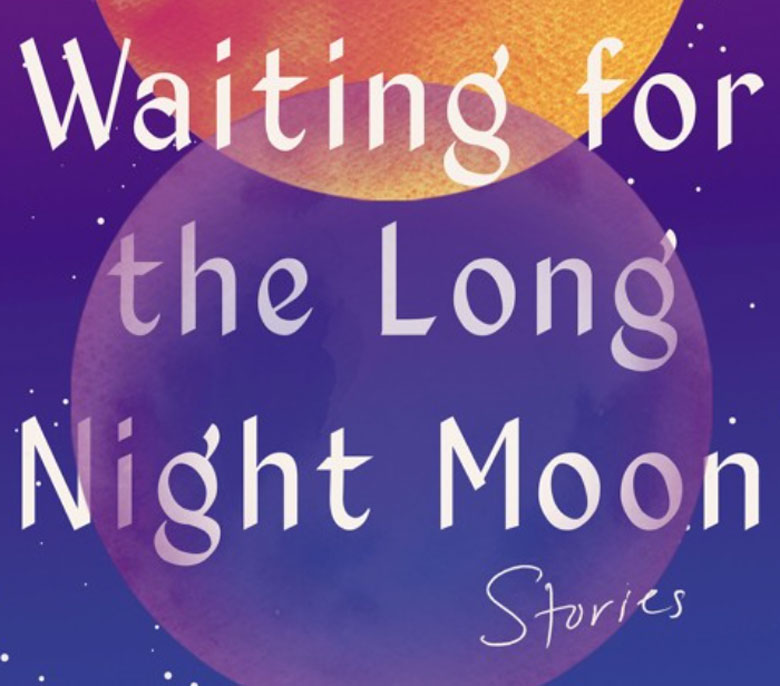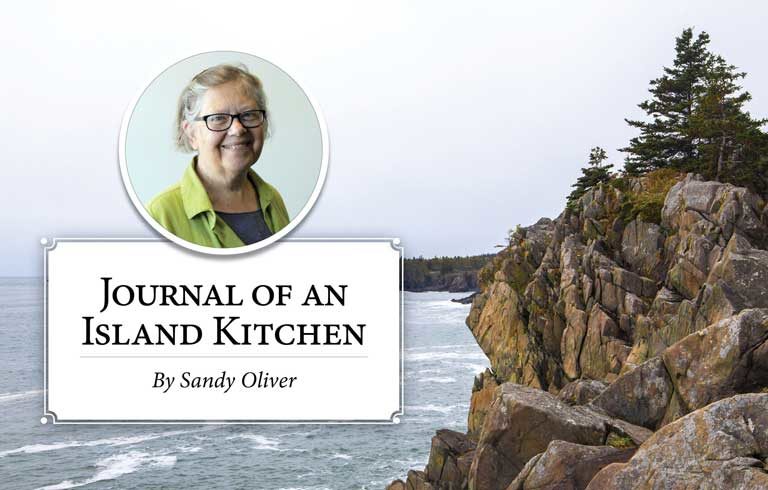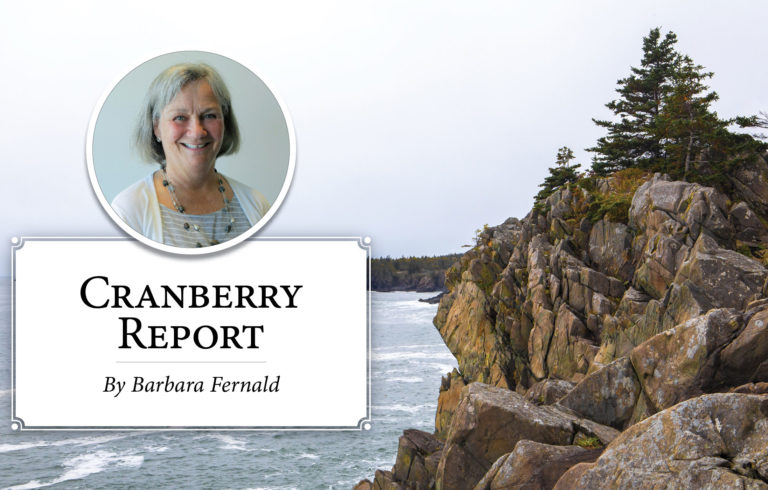Waiting for the Long Night Moon
By Amanda Peters (Catapult, 2025)
Readers may recall a review here several months ago of Amanda Peters’ novel The Berry Pickers. Now comes her actual first book, but second to be published, Waiting for the Long Night Moon, a collection of short stories.
Peters lives in Nova Scotia, and has Mi’kmaq and settler ancestry. The Berry Pickers, set mostly in northern Maine in the 1960s, is the story of a girl who vanished from her Indigenous family one summer while working harvesting blueberries in Maine.
Waiting for the Long Night Moon is not linear; rather, the stories jump around, set in different times and settings, with characters of different ages and genders. Some are realistic and contemporary, others hold elements of “magical realism,” and some are fables.
What both her books share is sadness, the effects of trauma, an awareness of the possibility (or even, expectation) of loss, and a pervasive sense of displacement.
This story collection comes with the author’s “trigger warning,” advising readers that they may be disturbed by issues…
This story collection comes with the author’s “trigger warning,” advising readers that they may be disturbed by issues including “racism, missing and murdered Indigenous women and girls, pregnancy loss, murder, physical abuse and drug abuse.”
But every story, despite painful realities, also references strengths in the Indigenous traditional life, and illustrates how ancient stories and remembrance of ancestors builds resilience, despite the life-crushing effects of systemic racism and forced and degrading cultural assimilation.
Two books by Morgan Talty, a member of the Penobscot Nation, have been reviewed here. His stories take place in Maine. Talty sometimes use dark humor to point out many of the injustices Natives are expected to live with.

Peters is not of that approach, neither ironic nor cynical. Maybe that is why she has warned readers ahead that stories could have a negative emotional impact. If you have read Talty, read Peters, too, to gain a wider appreciation of Indigenous fiction with a Maine connection.
As Peters writes, “While some of the stories are heavy, there are stories of joy as well. I hope you can find a smile in them.” Indeed, there are a few stories here that produce a smile, or at least a feeling of equanimity, the ability to catch one’s breath.
The following passage, I think, illustrates that lift, as Peters lovingly describes a character picking wild leeks:
“I find comfort in the silence of the forest floor as my footsteps land softly on fallen pine needles. I like the way the sun sneaks through the high branches, shaping a golden path on the ground. I see a patch of sunlight and the green of leeks rising out of the earth. The pine needles offer a soft resting place for my knees, and I use a small stone to dig around the base of the leek, taking the stalk and gently pulling it from its place.”
The time and detail lavished on the small act of foraging seem to reveal a reverence for nature. Is Peters suggesting sustenance is there in the environment, but one must make the effort to find that?
Tina Cohen is a Massachusetts-based therapist who spends part of the year on Vinalhaven.





